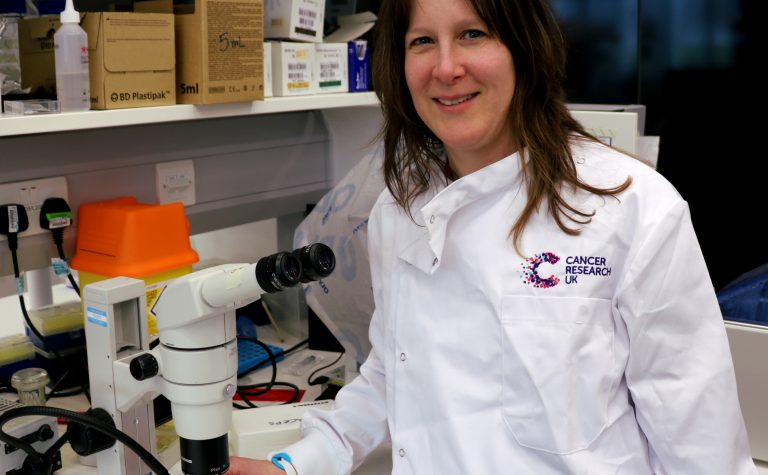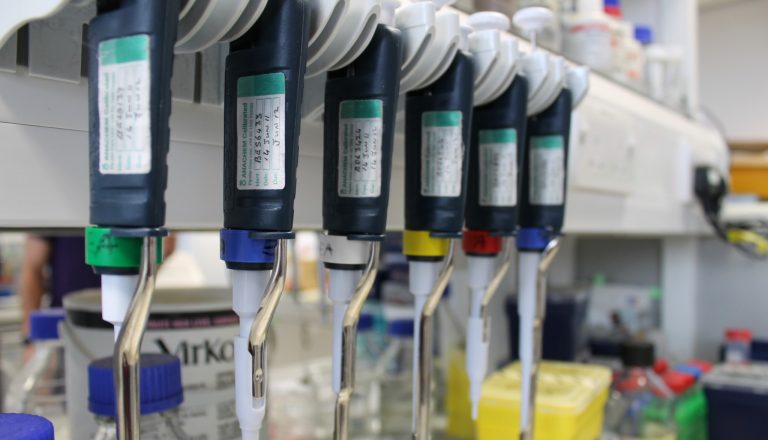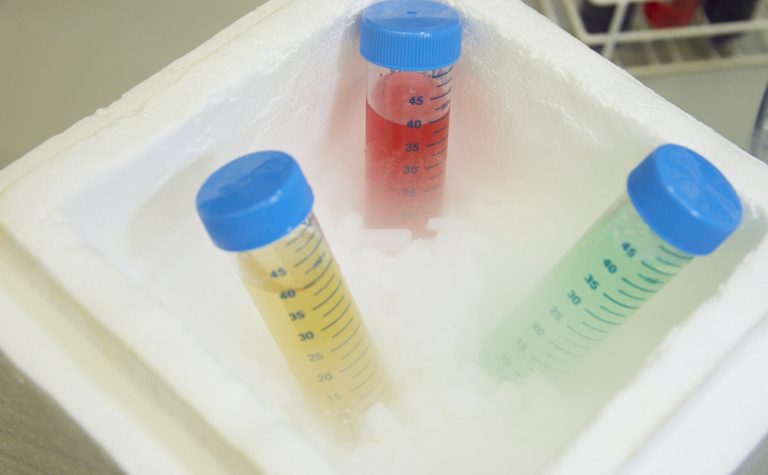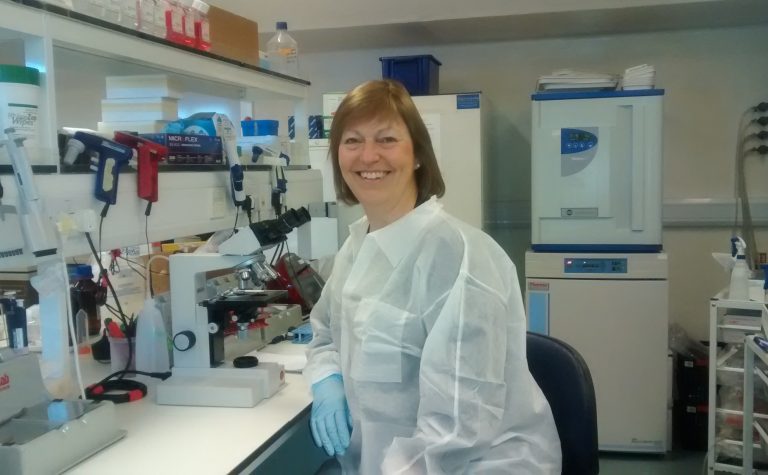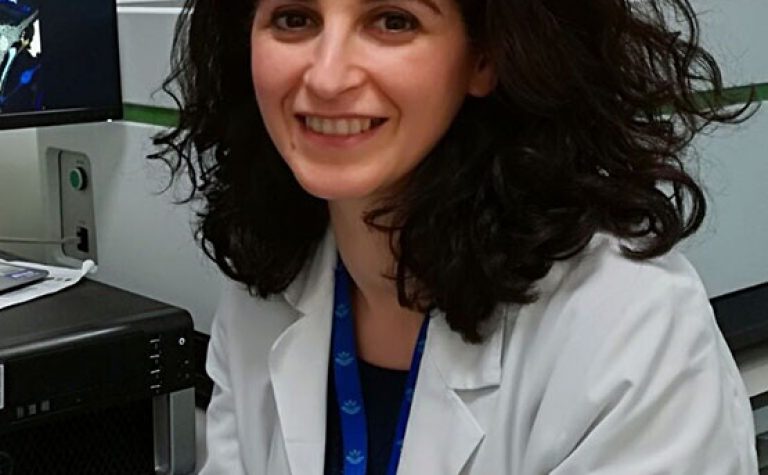Project Details
Project Title
Investigating how childhood leukaemia develops
Lead Researcher
Prof. Katrin Ottersbach
Research Centre
University of Edinburgh
City & Institution Postcode
Edinburgh, EH16 4UU
Start Date
1 April 2017
Duration
72 months
Grant Amount
£313,000 (This project is co-funded with Cancer Research UK. The total cost of the project is £1,353,428.85).
